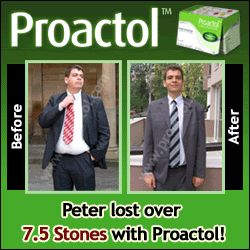February 27, 2008 — Significant liver injury has been reported in some patients receiving treatment with natalizumab (Tysabri, Biogen Idec, Inc), the US Food and Drug Administration (FDA) announced today.
The monoclonal antibody was first approved by the FDA in November 2004 for the treatment of multiple sclerosis and was later withdrawn by the manufacturer in February 2005 after 3 patients developed progressive multifocal leukoencephalopathy (PML) during clinical trials.
After reviewing the study data to confirm the absence of additional PML cases, the reintroduction of natalizumab into the US market was accompanied by a restricted distribution program (Tysabri Outreach: Unified Commitment to Health, or TOUCH).
With the approval of natalizumab for the treatment of Crohn's disease in January 2008, the FDA added warnings to the drug's safety labeling regarding the risk for hepatotoxicity.
Signs of injury, including markedly elevated serum hepatic enzymes and elevated total bilirubin, have been observed as early as 6 days following initiation of natalizumab therapy, according to an alert issued by MedWatch, the FDA's safety information and adverse event reporting program. Other cases have occurred for the first time after multiple doses of the drug and on rechallenge.
The combination of transaminase elevations and elevated bilirubin without evidence of obstruction is an important predictor of severe hepatic injury that can lead to death or require liver transplant.
Treatment should therefore be discontinued if jaundice or other signs of significant hepatic injury occur. Patients should be advised of the risk for liver injury and instructed to call their healthcare professionals if they experience yellowing of the skin/eyes, nausea/vomiting, darkened urine, and feeling tired or weak.
Natalizumab monotherapy is indicated to delay the accumulation of physical disability and reduce the frequency of clinical exacerbations in patients with relapsing forms of multiple sclerosis; it also may be used to induce and maintain clinical response and remission in adult patients with moderately to severely active Crohn's disease who have evidence of inflammation. Use of natalizumab is generally reserved for patients who have had inadequate response to or are unable to tolerate conventional therapies.
from: Medscape.
































0 comments:
Post a Comment